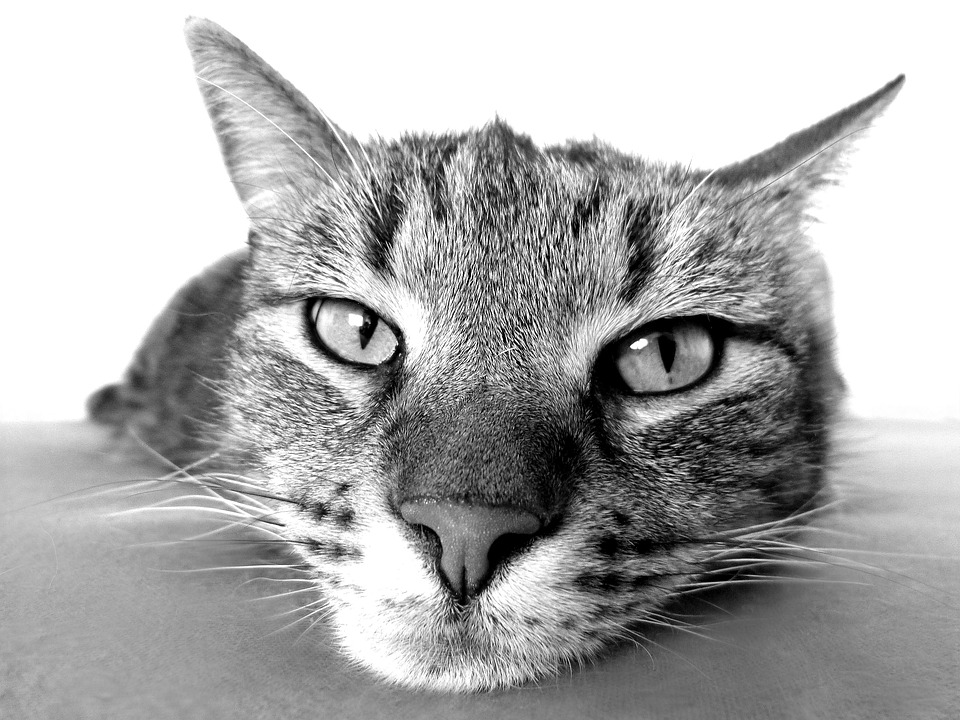*by [Your Name]*
Introduction
Long-haired cats are known for their stunning coats, but their luscious fur can sometimes lead to a common problem: hairballs. Hairballs occur when cats groom themselves and swallow loose hair, which then accumulates in their stomach and forms a clump. While occasional hairballs are normal, excessive hair swallowing can lead to serious health issues. In this article, we will explore effective ways to prevent and manage hairballs in long-haired cats.
Understanding Hairballs
1. What are hairballs?
Hairballs are clumps of fur that form in a cat’s stomach when they groom themselves and swallow loose hair. Cats have small barbs on their tongues that catch loose hair, which is then ingested during grooming.
2. Why do long-haired cats experience more hairballs?
Long-haired cats have more fur to groom and are more likely to swallow larger amounts of hair. The length and density of their fur make it easier for loose hair to become trapped in their stomachs.
3. Signs and symptoms of hairballs in cats
Common signs of hairballs in cats include frequent coughing or hacking, vomiting, lack of appetite, and constipation. These symptoms may indicate that a hairball is causing discomfort or a blockage in the digestive system.
Prevention
1. Regular grooming sessions
Regular grooming is essential for long-haired cats to prevent hairballs. Brushing their fur helps remove loose hair before they can ingest it. Use a comb or brush specifically designed for long-haired cats, and be gentle to avoid hurting their skin.
2. A healthy diet for hairball prevention
Feeding your long-haired cat a high-fiber diet can help prevent hairballs by promoting healthy digestion. Look for cat foods that contain natural fibers such as cellulose or beet pulp. Additionally, specialized hairball control diets are available that are designed to reduce hairball formation.
3. Encourage hydration
Proper hydration helps hair pass through the digestive system more easily. Ensure your cat has access to fresh water sources at all times, and consider incorporating wet food into their diet for extra moisture.
4. Minimize stress
Stress can contribute to excessive grooming and hairball problems. Provide your cat with a calm and stress-free environment, and consider using stress reduction techniques such as pheromone diffusers or calming sprays.
Managing Hairballs
1. Natural remedies
Petroleum-based hairball lubricants can help lubricate the digestive system and assist in the passage of hair. Natural fiber supplements, such as psyllium husk, can also be added to your cat’s food to aid in hairball elimination.
2. Vet-approved hairball remedies
If natural remedies are not effective, consult your veterinarian for vet-approved hairball remedies. They may prescribe medications or digestive enzyme supplements that can help break down hairballs and promote digestion.
3. Home remedies
Certain home remedies can also assist in managing hairballs. Pumpkin puree, which is high in fiber, can help move hair through the digestive system. Coconut oil can also be added to your cat’s food to help lubricate the digestive tract.
Frequently Asked Questions (FAQs)
1. Are hairballs normal in cats?
Yes, hairballs are a normal occurrence in cats, especially those with long hair. However, excessive hairballs can indicate a problem.
2. How often should I groom my long-haired cat?
Long-haired cats should be groomed at least once a day to remove loose hair and prevent hairballs.
3. Can hairballs be dangerous for my cat?
Hairballs can be dangerous if they cause a blockage in the digestive system. This can lead to vomiting, constipation, or even require surgical intervention.
4. How can I tell if my cat has a hairball stuck?
Signs of a hairball blockage include persistent coughing, gagging, or retching without producing a hairball, lack of appetite, and constipation.
5. Should I be concerned if my cat is not grooming itself?
If your cat has stopped grooming itself, it may be a sign of an underlying health issue and should be evaluated by a veterinarian.
6. Can hairballs cause blockages?
Yes, hairballs can cause blockages in the digestive system if they are not passed naturally. This is more common in cats with excessive hair swallowing.
7. Are there any specific breeds prone to hairballs?
Long-haired breeds, such as Maine Coons and Persians, are more prone to hairballs due to their fur length and density.
8. Can I prevent hairballs altogether?
While it may not be possible to prevent hairballs altogether, following preventive measures can significantly reduce their occurrence.
9. Should I be worried if my cat vomits hairballs frequently?
Frequent vomiting of hairballs can indicate an underlying issue, and it is best to consult with a veterinarian to rule out any health problems.
10. When should I consult a vet regarding hairballs?
If your cat is experiencing persistent or severe hairball problems, or if they show signs of a hairball blockage, it is important to seek veterinary assistance.
Conclusion
Hairballs are a common issue that many long-haired cat owners face, but with proper prevention and management techniques, we can ensure our feline friends stay healthy and comfortable. Regular grooming, a balanced diet, and providing stress-free environments are key factors in minimizing hairball occurrences. If your cat experiences persistent or severe hairball problems, it’s always best to consult with a veterinarian for further guidance and assistance.
Remember, a little extra care can go a long way in keeping your long-haired cat happy, healthy, and hairball-free!








